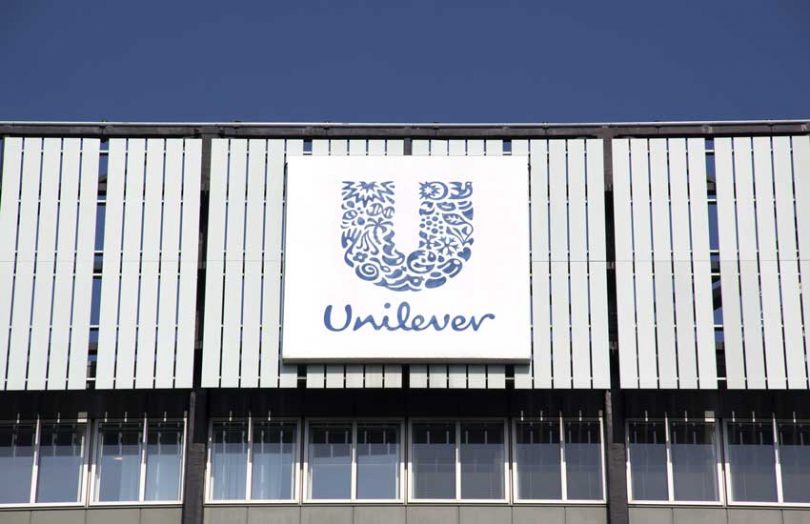Today, Unilever announced a set of measures for sustainable business practices to achieve net-zero emissions by 2039. Along with reducing its carbon footprint, the company aims to have a deforestation-free supply chain by 2023 leveraging traceability solutions that use satellite monitoring, geolocation tracking, and blockchain.
The Anglo-Dutch consumer goods company owns brands such as Ben & Jerry’s, Pears, Knorr, Q-tips and Vaseline, among many others and sells its products in 190 countries. It had a turnover of €52 billion in 2019. Unilever brands have previously launched initiatives for sustainability, and over the next ten years will collectively invest €1 billion in a new dedicated Climate & Nature Fund.
“In most parts of the world, the economic and social inclusion of farmers and smallholders in sustainable agricultural production is the single most important driver of change for halting deforestation, restoring forests and helping regenerate nature,” said Marc Engel, Unilever Chief Supply Chain Officer.
Forests cover about 30% of the world’s landmass, and each year a forest half the size of the UK is lost. Deforestation is a deeply rooted problem, and blockchain could potentially be used to record protected land documentation. Satellite imagery can help monitor forest areas and prevent illegal felling.
Unilever said it plans to use traceability and transparency in its supply chain to tackle deforestation. Additionally, the company is introducing a new regenerative agriculture code for its suppliers and will implement water stewardship programs for local communities in the coming years.
In 2018, the ice cream brand Ben & Jerry’s piloted a blockchain-based retail platform to offset the carbon footprint for every cone of ice-cream sold. The platform enabled consumers to contribute to carbon credits from a forest conservation project in Peru. The technology partner, Poseidon Foundation, is developing an app so consumers can keep track of carbon offsets they buy from Ben & Jerry’s and other stores.
OpenSC is another blockchain initiative working on the sustainability of supply chains. It partnered with Nestlé to track the supply of New Zealand milk to factories in the Middle East.
Thailand and Malaysia are exploring blockchain for sustainability in palm oil production.






